A Complete Guide To NFT Marketplace Development In 2023
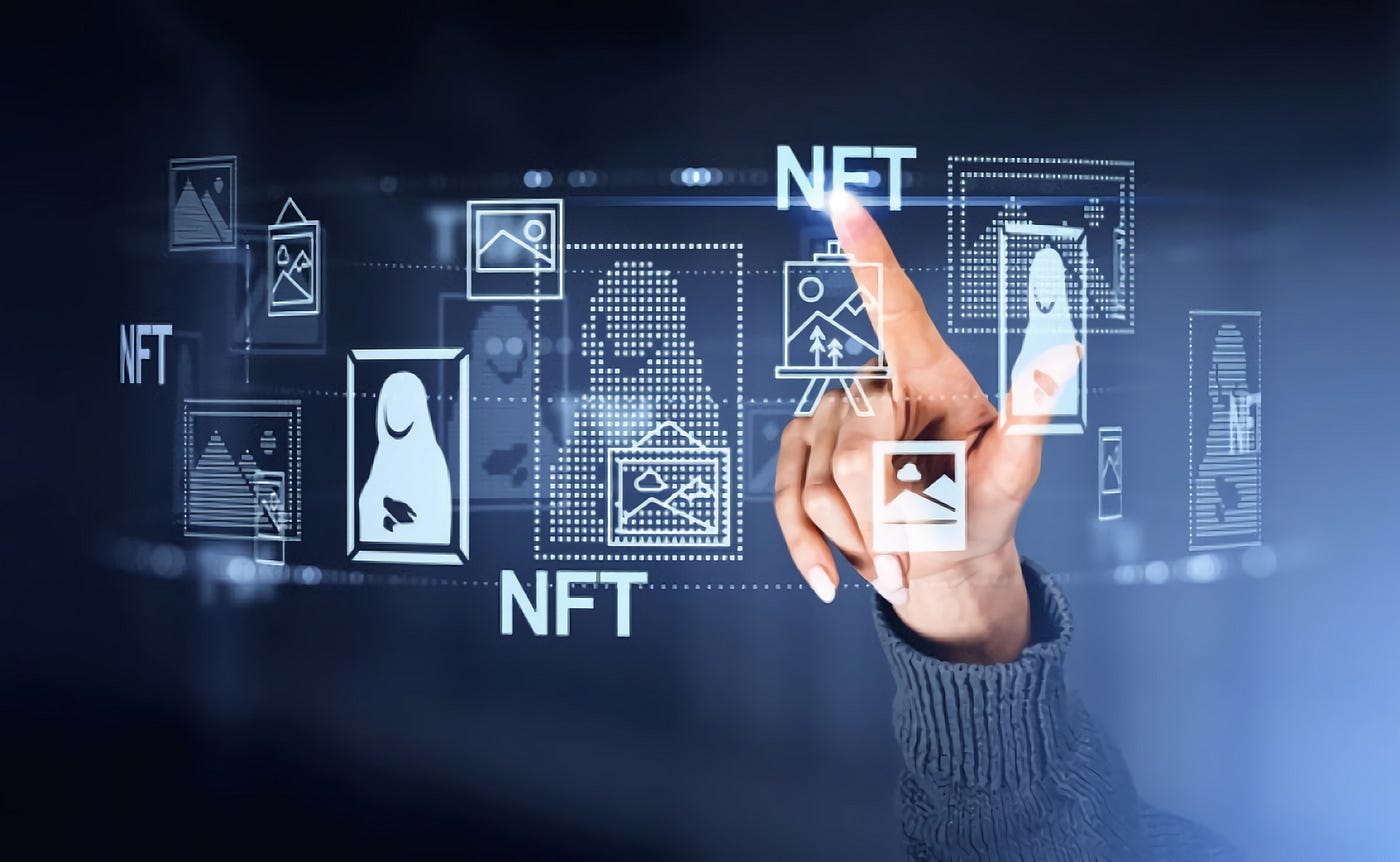 So you’ve heard about the booming world of NFTs (Non-Fungible Tokens) and the incredible potential they hold for artists, creators, and collectors alike. Imagine a space where digital art, collectibles, and unique creations are not just admired, but owned in a secure, verifiable, and immutable manner. Whether you’re a visionary artist aiming to showcase your digital masterpieces or an entrepreneur looking to tap into the potential of this burgeoning market, this guide will illuminate every step to bring your NFT marketplace dreams to life.
So you’ve heard about the booming world of NFTs (Non-Fungible Tokens) and the incredible potential they hold for artists, creators, and collectors alike. Imagine a space where digital art, collectibles, and unique creations are not just admired, but owned in a secure, verifiable, and immutable manner. Whether you’re a visionary artist aiming to showcase your digital masterpieces or an entrepreneur looking to tap into the potential of this burgeoning market, this guide will illuminate every step to bring your NFT marketplace dreams to life.
From grasping the fundamental concepts of NFT marketplaces to mastering the intricacies of smart contracts, user experience design, and community engagement, this blog will serve as your comprehensive companion. By the end of this journey, you’ll not only comprehend the core aspects of NFT marketplaces but also possess the knowledge to forge ahead and craft your very own platform.
So, whether you’re an artist yearning to showcase your creations, an investor seeking new horizons, or a visionary aiming to leave an indelible mark on the digital realm, this journey is tailored for you. Through each chapter of this expedition, we’ll uncover insights, strategies, and revelations that guide you in bringing your very own NFT marketplace to life. As we traverse this path together, remember that you’re not just crafting a marketplace; you’re shaping the future of digital ownership, creativity, and connection. Welcome to the NFT revolution — a realm of endless possibilities and transformative potential.
Ready to create your own NFT marketplace and join the digital art revolution? NFT marketplace development company can help turn your vision into a reality! Contact them now to start building your dream NFT marketplace and be at the forefront of this exciting new era
Table of Contents
∘ An Architecture of an NFT Marketplace
∘ How Does An NFT Marketplace Work?
∘ Essential Attribute of an NFT marketplace
∘ How To Create An NFT Marketplace:
∘ What Are the Essential Roles Needed in an NFT Marketplace Software Development Team?
∘ How Can An NFT Marketplace Development Company Help In Your NFT Venture?
∘ Cost Estimation:
∘ Future of NFT Marketplaces
∘ Conclusion
∘ Frequently Answered Questions
An Architecture of an NFT Marketplace
An NFT marketplace is a platform where users can buy, sell, and trade non-fungible tokens. Its architecture typically consists of both client-side and server-side components.
📌 Digital Wallet
Users need a digital wallet to store and manage their NFTs. A digital wallet is an online service enabling users to securely store and manage their digital funds.
📌 NFT Metadata
NFTs come with metadata that describes the digital asset being sold, such as its name, description, image, and other relevant details. This metadata is usually stored off-chain on a decentralized storage platform like IPFS.
📌 Blockchain Integration
The NFT marketplace requires a blockchain network to store the information related to NFT transactions. Different blockchain networks such as Ethereum, Binance Smart Chain, and others can be used for this purpose.
📌 Smart Contracts
Smart contracts play a vital role in creating and managing NFTs. They are self-executing programs that run on the blockchain and define the rules and conditions for the NFT. In particular, the ERC-721 standard is commonly used for creating non-fungible tokens.
📌Token Minting
To create an NFT, the user needs to mint it. This process validates all the data related to the NFT, builds a new block, and records it in the blockchain.
📌 IPFS (Interplanetary File System)
IPFS is a decentralized storage system that stores digital assets with metadata off-chain. It provides a cost-effective and scalable solution to store large amounts of data.
How Does An NFT Marketplace Work?
An NFT marketplace is a platform where users can buy, sell, and trade non-fungible tokens (NFTs), which represent unique digital assets. NFT marketplaces work by leveraging blockchain technology, which allows for secure and decentralized transactions without the need for intermediaries.
Here is a step-by-step guide to how an NFT marketplace works:
➢ Creation of NFTs: Digital creators, artists, and content creators create unique digital assets that they want to sell as NFTs. These assets can be anything from artwork, music, videos, virtual real estate, and more.
➢ Tokenization: To make these digital assets unique and verifiable, they are turned into NFTs by using smart contracts. These contracts assign a unique identifier to each NFT, which makes them unique and distinguishable from other NFTs.
➢ Listing: Once the NFTs are created, they can be listed on an NFT marketplace. The seller sets a price for their NFT, and buyers can browse and purchase them using cryptocurrency.
➢ Digital Wallet: To buy and sell NFTs, users need a digital wallet that supports the specific blockchain network used by the NFT marketplace. These wallets store the cryptocurrency used to buy NFTs and the NFTs themselves.
➢ Purchase: When a buyer purchases an NFT, the smart contract automatically transfers ownership from the seller’s digital wallet to the buyer’s digital wallet. The buyer now owns the unique digital asset and has proof of ownership stored on the blockchain.
➢ Resale: NFTs can also be resold on the same marketplace or different ones. Each time an NFT is sold, the smart contract records the transfer of ownership, which helps in maintaining the authenticity of the NFT.
NFT Marketplace Development: A Step-by-Step Approach to Building a Successful NFT Marketplace
Non-fungible tokens (NFTs) have been making headlines around the world and for good reason. Are you curious about the…
www.linkedin.com
Essential Attribute of an NFT marketplace
❖ User-friendly Interface:
An NFT marketplace platform should have a user-friendly interface that allows users to smoothly trade and manage NFTs. This includes features like intuitive navigation, clear and concise listings, and simple buying and selling processes, among many others.
❖ Secure Storage and Transfer of NFTs:
NFT marketplaces use blockchain technology to securely store and transfer NFTs. This ensures that all transactions are recorded immutably on the blockchain and that NFTs are protected from fraud and hacking.
❖ Minting & Listing Option for creators:
An NFT marketplace platform allows creators to mint and list their own NFTs for sale. This allows creators to monetize their digital assets and reach a wider audience.
❖ Integration of multiple payment methods:
NFT marketplaces should be integrated with popular cryptocurrency payment methods like Bitcoin and Ethereum, which allows for fast and secure payments. This helps to attract a wider range of buyers and sellers.
❖ Search and discovery tools:
NFT marketplaces have search and discovery tools that help users find specific NFTs or artists. These tools can include search filters, sorting options, and artist or creator profiles. This allows users to find the specific NFTs they are looking for easily.
Want to launch an NFT marketplace, Read this guide to know more:
How to Launch an NFT Marketplace? | A Complete NFT Guide!
NFTs have started to create news worldwide with their million-dollar market. According to nonfungible.com, the…
medium.com
How To Create An NFT Marketplace:
Here’s a rundown of the steps involved in creating an NFT marketplace:
❖ Purpose and Features Definition: Determine the goals and objectives of your NFT marketplace, and identify what makes it unique. This could include the types of NFTs it will support, the target audience, the overall design, and any special features.
❖ Platform Selection: Choose the technology platform to build your NFT marketplace on, whether it’s creating a custom solution, using existing platforms like OpenSea or SuperRare, or a combination. Ensure the platform chosen aligns with your marketplace’s goals and objectives.
❖ User Interface Design: Create an intuitive and user-friendly interface for NFT creators and buyers. This includes features such as a dashboard for NFT creators to upload and manage their offerings, and a shopping cart for buyers to purchase NFTs.
❖ Payment and Wallet Integration: Establish a secure payment system such as Stripe or PayPal, and integrate a wallet to store NFTs. This ensures a safe and seamless transaction experience for both NFT creators and buyers.
❖ Smart Contract Implementation: Utilize blockchain technology, such as Ethereum, to automate the buying and selling process through smart contracts. This adds a level of security and transparency to the marketplace’s transactions.
❖ Launch and Promotion: Launch your NFT marketplace and actively promote it through various channels like social media, advertising, and community outreach. Reach out to the NFT community to build awareness and attract early adopters.
❖ Continuous Improvement: Regularly monitor and evaluate the marketplace, making improvements and updates as necessary. This can include adding new features, fixing bugs, and optimizing the user experience to keep your marketplace relevant and competitive in the NFT market.
A Comprehensive Overview of the Technology Stack for NFT Marketplace Development
Welcome to the exciting world of non-fungible tokens (NFTs) and NFT marketplaces! Over the past few years, the world…
blog.cryptostars.is
What Are the Essential Roles Needed in an NFT Marketplace Software Development Team?
When it comes to developing an NFT (Non-Fungible Token) marketplace software, there are several roles that need to be filled in order to ensure that the project is successful. Below are some of the key positions and roles that should be included in an NFT marketplace software development team:
➟ Project Manager — responsible for overseeing the entire development process, ensuring that the project is delivered on time and within budget.
➟ Blockchain Developer — responsible for building the smart contract functionality that underpins the NFT marketplace software. This person should have experience with blockchain technologies such as Ethereum and Solidity.
➟ Front-End Developer — responsible for building the user interface and experience of the NFT marketplace software. This person should be skilled in web development technologies such as HTML, CSS, and JavaScript.
➟ Back-End Developer — responsible for building the server-side functionality of the NFT marketplace software. This person should be skilled in languages such as Node.js, Python, or Ruby on Rails.
➟ UX/UI Designer — responsible for designing the user interface and experience of the NFT marketplace software. This person should have experience with design tools such as Sketch, Adobe XD, or Figma.
➟ Quality Assurance (QA) Engineer — responsible for ensuring that the NFT marketplace software is free from bugs and errors. This person should have experience with testing frameworks such as Selenium or Cypress.
➟ DevOps Engineer — responsible for managing the deployment and infrastructure of the NFT marketplace software. This person should be skilled in cloud technologies such as AWS, Google Cloud, or Azure.
In addition to the roles above, it’s also important to have legal and marketing expertise involved in the project to ensure that the NFT marketplace software is compliant with regulations and can be successfully marketed to users.
The success of an NFT marketplace software development project depends on having a well-rounded team with a diverse range of skills and expertise. By including the roles above, you can ensure that your NFT marketplace software is built to a high standard and has the potential to be successful in the marketplace.
How Can An NFT Marketplace Development Company Help In Your NFT Venture?
An NFT marketplace development company can help cryptopreneurs in several ways:
➥ Expertise: An NFT marketplace development company has the knowledge and experience to develop a platform that is secure, user-friendly, and fully compliant with relevant regulations and standards. They can help ensure that the marketplace operates smoothly and efficiently and that it meets the needs of both buyers and sellers.
➥ Customization: A development company can work with entrepreneurs to create a marketplace that is tailored to their specific business needs. This might include integrating specific features, such as a search function or a rating system, or developing a unique design that reflects the entrepreneur’s brand.
➥ Scalability: An NFT marketplace development company can help entrepreneurs plan for future growth and scalability. They can ensure that the platform is built to handle increasing numbers of transactions and users and that it can be easily expanded or updated as needed.
➥ Cost-effective: A NFT development company can help entrepreneurs keep development costs low and avoid unnecessary expenses. They can also help entrepreneurs to plan for ongoing costs, such as hosting and maintenance.
➥ Support and maintenance: A development company can also help entrepreneurs with ongoing support, maintenance, and upgrade of the platform.
There are many top companies out there to help your venture, here read this blog to know some of top NFT marketplace development companies in the market
Top 10 Popular NFT Marketplace Development Companies in 2023
In a world full of popularizing things, from the smallest things to setting up the crowd to change the world, digital…
blog.cryptostars.is
Cost Estimation:
The cost of NFT marketplace development can vary depending on the complexity and scale of the project, as well as the experience and expertise of the development team. Some estimates put the cost of a basic NFT marketplace at around $50,000 to $100,000. However, more advanced marketplaces with additional features and functionality could cost significantly more.
Future of NFT Marketplaces
NFT marketplaces have gained significant attention in recent years, and their popularity is expected to grow in the future. Here are some trends and predictions for the future of NFT marketplaces:
➥ Expansion into New Markets
NFT marketplaces are likely to expand into new markets beyond art and collectibles, such as real estate, gaming, and sports. These markets have significant potential for NFTs, as they offer unique digital assets and experiences that can be tokenized and traded on a blockchain.
➥ Integration with DeFi
NFT marketplaces are likely to integrate with decentralized finance (DeFi) protocols to enable new use cases for NFTs, such as collateralized lending and yield farming. DeFi protocols can provide liquidity and automation for NFT transactions, making them more efficient and accessible.
➥ Emergence of NFT Aggregators
NFT aggregators are platforms that aggregate NFTs from multiple marketplaces and provide a single interface for buyers and sellers to trade NFTs. NFT aggregators can simplify the buying and selling process for NFTs, and provide more liquidity and price discovery for NFTs.
Conclusion
NFT marketplace development is an important area in the growing field of blockchain and cryptocurrency. As the demand for NFTs continues to grow, these platforms will play a crucial role in connecting creators and collectors and providing a secure and efficient way to trade these digital assets. However, the cost of developing an NFT marketplace should be taken into account before embarking on such a project, and businesses should seek out NFT marketplace development company with the necessary expertise and experience to create a successful platform.
Frequently Answered Questions
What is NFT marketplace development?
NFT marketplace development involves the creation and establishment of platforms that allow the trading of Non-Fungible Tokens (NFTs). These marketplaces provide a virtual space for creators and collectors to trade unique digital assets using blockchain technology. NFTs can represent various things such as art, music, videos, and more, with their uniqueness being assured by the blockchain. The popularity of NFT marketplaces has grown significantly in recent years, and they are projected to continue expanding into new markets beyond the traditional art and collectibles space.
How is an NFT marketplace developed?
Developing an NFT marketplace involves creating a platform for creators and collectors to trade unique digital assets on a blockchain. The development process includes creating the user interface, integrating the blockchain technology, designing the smart contracts, and ensuring the security and reliability of the platform. The marketplace should also provide features such as search, bidding, and buying options for the users. It requires the expertise of blockchain developers, UI/UX designers, and security experts to develop an NFT marketplace that is efficient, user-friendly, and secure.
How do I start a NFT marketplace development?
Starting an NFT marketplace development requires careful planning and consideration. First, you need to define the scope of your marketplace, including the type of digital assets you plan to trade, the target market, and the unique features you will offer. Then, you will need to assemble a team of blockchain developers, UI/UX designers, and security experts to bring your vision to life. You will also need to secure funding and choose the appropriate blockchain platform for your marketplace. Lastly, you will need to ensure legal compliance and launch your marketplace to the public.
What is NFT marketplace development services?
NFT marketplace development services are a suite of offerings provided by companies and developers to create and launch NFT marketplaces. These services typically cover aspects such as blockchain integration, smart contract development, security auditing, UI/UX design, and ongoing maintenance and support. NFT marketplace development service providers work closely with clients to tailor solutions that align with their needs and goals. The demand for NFT marketplace development services has surged in tandem with the growing popularity of NFTs, presenting significant opportunities for businesses and developers in this space.
152
3
Nft
Nftmarketplacedevelopment
Nft Marketplace
Nftmarketplaceplatform
152
3
 Follow
Follow
Written by Emily George
277 Followers
·
Writer for
Geek Culture
I am an experienced Crypto writer in Blockchain & Cryptocurrency Field.
More from Emily George and Geek Culture

 Emily George
Emily George
in
Coinmonks
Transforming Finance: The Power of Real-World Asset Tokenization in DeFi
If you’ve been following the exciting world of DeFi, you probably expected it to be a disruptor in the realm of traditional finance…
13 min read
·
Oct 28, 2023
26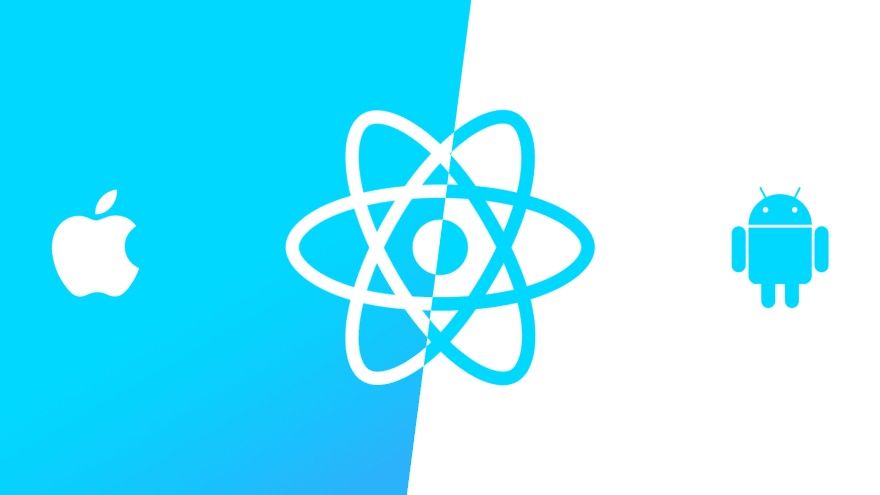
 Anshul Borawake
Anshul Borawake
in
Geek Culture
React Native Generate APK — Debug and Release APK
Generate Debug and Release APK in React Native; Windows, iOS and Linux
3 min read
·
Apr 3, 2021
1.2K
10
 Vasanth Bhat
Vasanth Bhat
in
Geek Culture
How to get Github Copilot for 100% free
I believe most of you know what Github Co-pilot is, in case you don’t, below is the explanation.
3 min read
·
Jul 3, 2022
312
6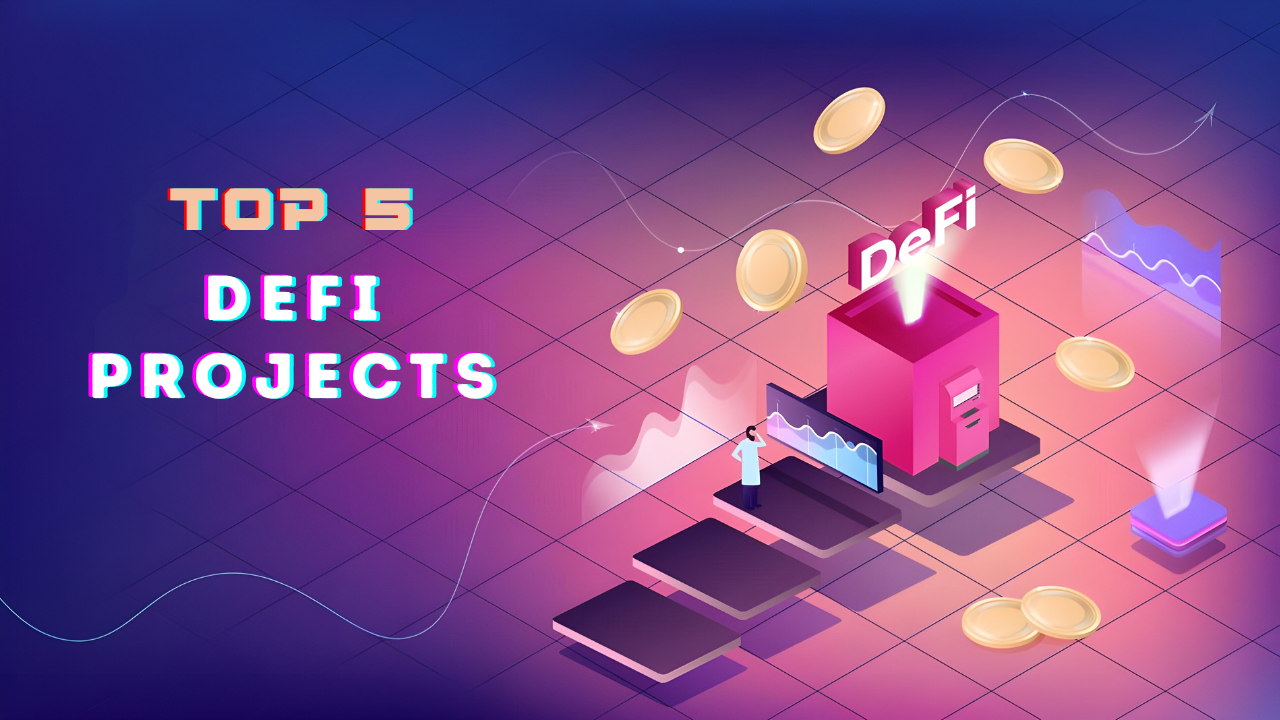
 Emily George
Emily George
in
Coinmonks
5 Top DeFi Projects Revolutionizing Finance: A Dive into the Future of DeFi
Welcome to the heart of the DeFi revolution, where we’ll embark on a journey through the world of decentralized finance and discover how…
9 min read
·
Oct 16, 2023
178
Recommended from Medium
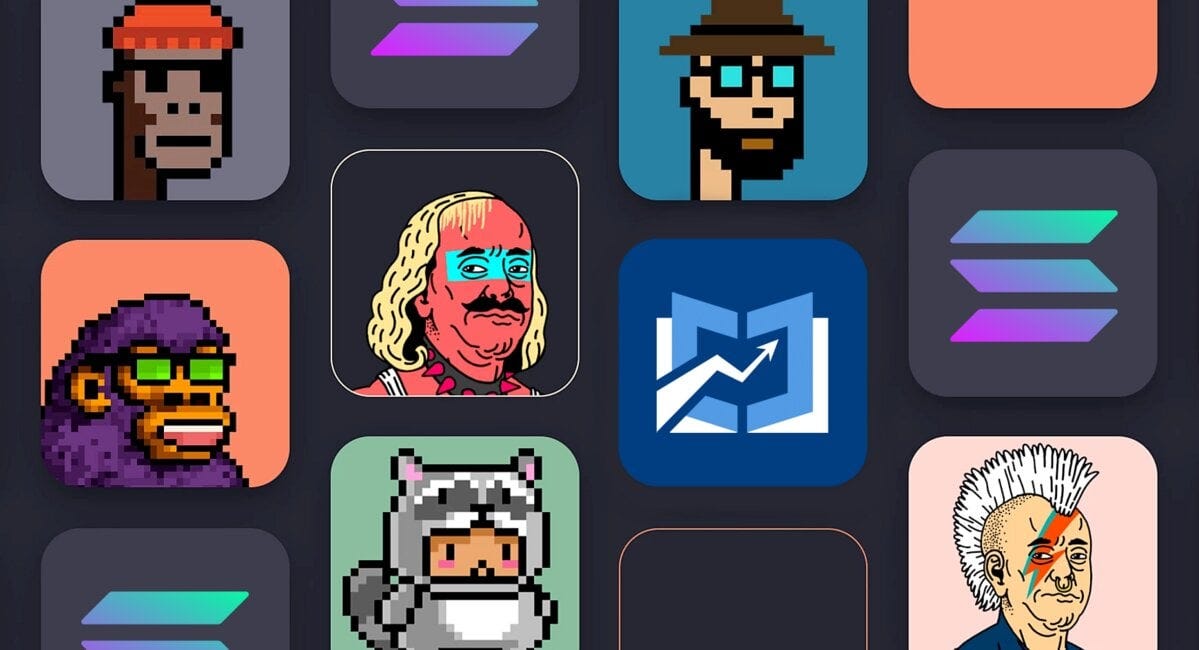
 Thomsonrichard
Thomsonrichard
in
NFT Daily Dose
Solana NFTs in 2023 — A Comprehensive Guide to their Unparalleled Benefits
Table of Content
10 min read
·
Oct 10, 2023
33
 Brett Hornung
Brett Hornung
My Web3 Thoughts for 2024
Not just another 2024 list, here’s 7 unique predictions for you!
6 min read
·
Jan 5
134
Lists


 Staff Picks562 stories
Staff Picks562 stories
·
649
saves

 Stories to Help You Level-Up at Work19 stories
Stories to Help You Level-Up at Work19 stories
·
423
saves

 Self-Improvement 10120 stories
Self-Improvement 10120 stories
·
1228
saves

 Productivity 10120 stories
Productivity 10120 stories
·
1126
saves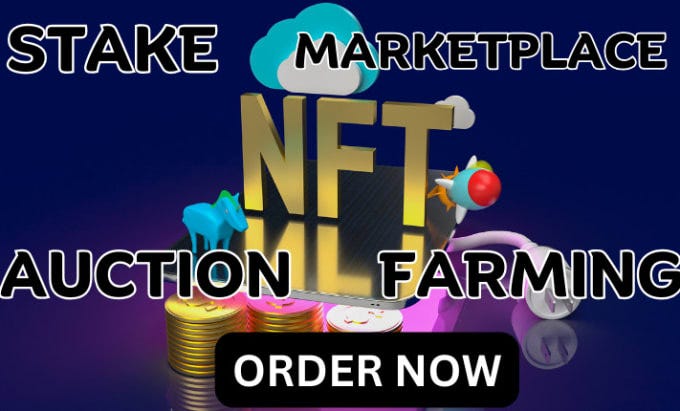
 TechPulse
TechPulse
Build NFT Marketplace, NFT Staking, NFT Auction and NFT Farming 2024
Welcome, fellow enthusiasts! Today, let’s dive into the fascinating world of Non-Fungible Tokens (NFTs) and explore how to build your very…
8 min read
·
Dec 25, 2023
53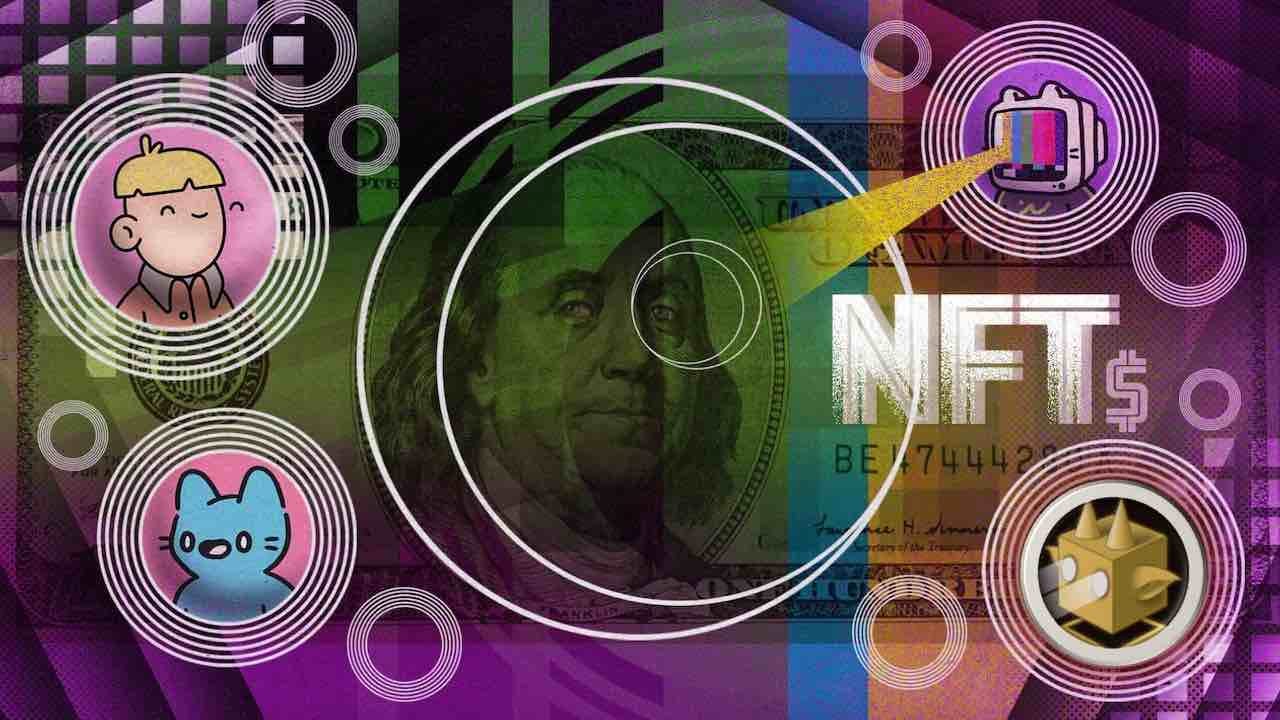
 YieldDAO
YieldDAO
The Next Industry Narrative Of NFT — Crypto Native IP RWA
Citigroup recently released a comprehensive 162-page report detailing the specific path for the blockchain and Web3 industries to achieve…
12 min read
·
Aug 14, 2023
5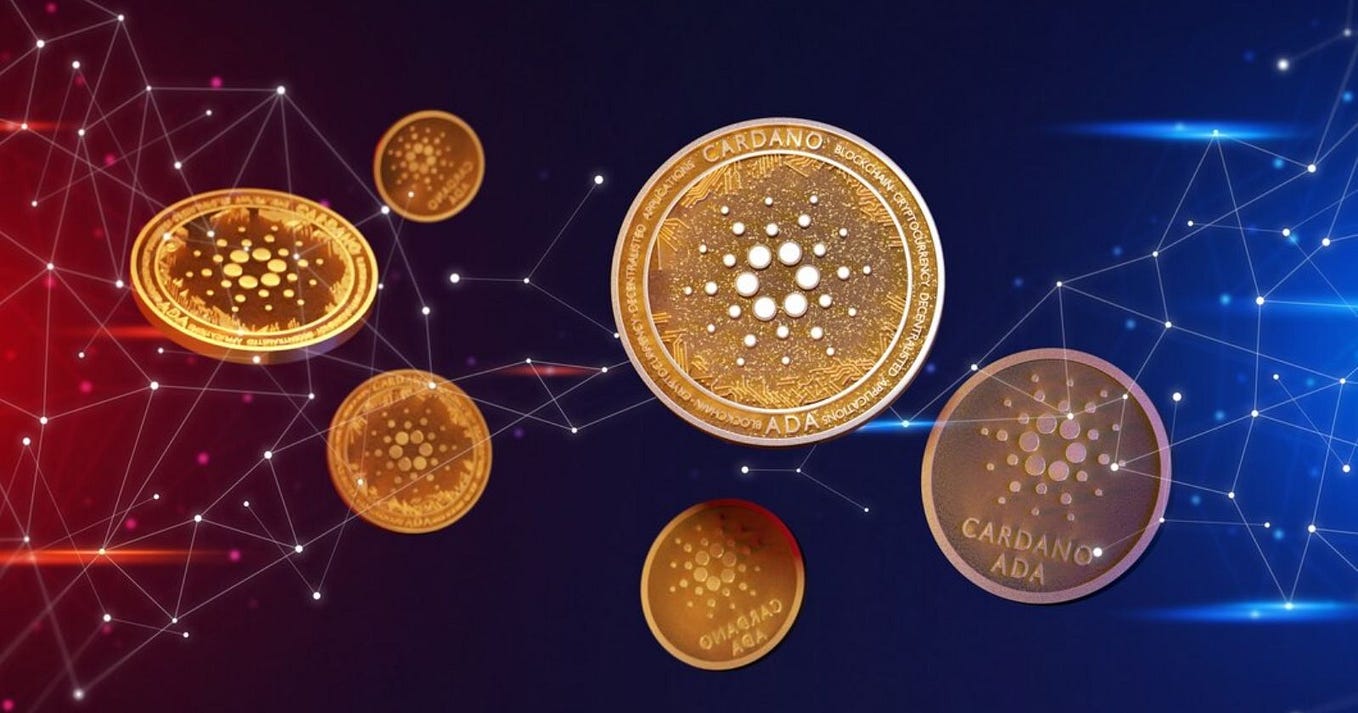
 Annabelle Darcie
Annabelle Darcie
in
TokenTrends
How To Develop Token On The Solana Blockchain in 2024?
Solana, a high-performance blockchain platform, has gained significant traction in the cryptocurrency space due to its scalability, low…
13 min read
·
Nov 22, 2023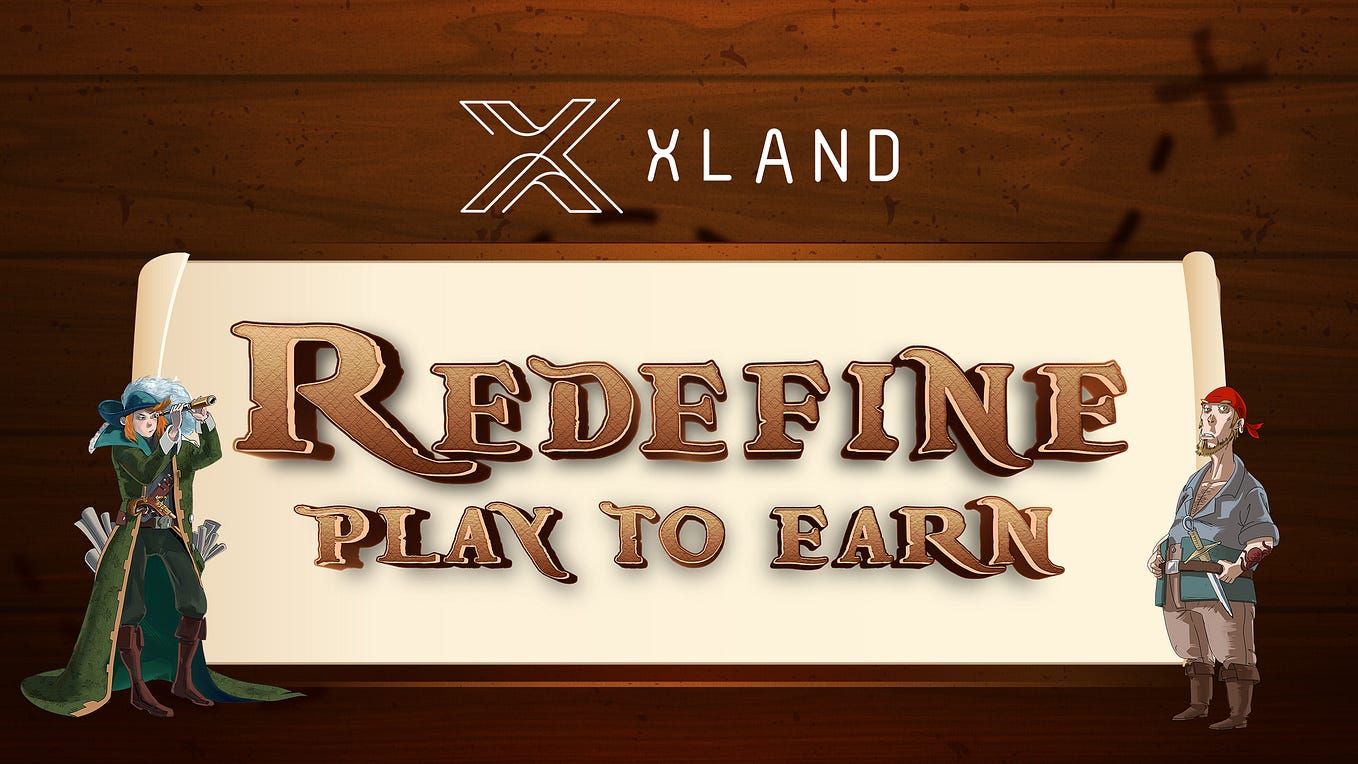
 X Land #GameFi
X Land #GameFi
XLand — Redefine Play To Earn
2022 was a downturn period for the GameFi industry, as it faced several black swan events, including the rise and fall of StepN, Luna’s…
8 min read
·
Aug 8, 2023
176


























